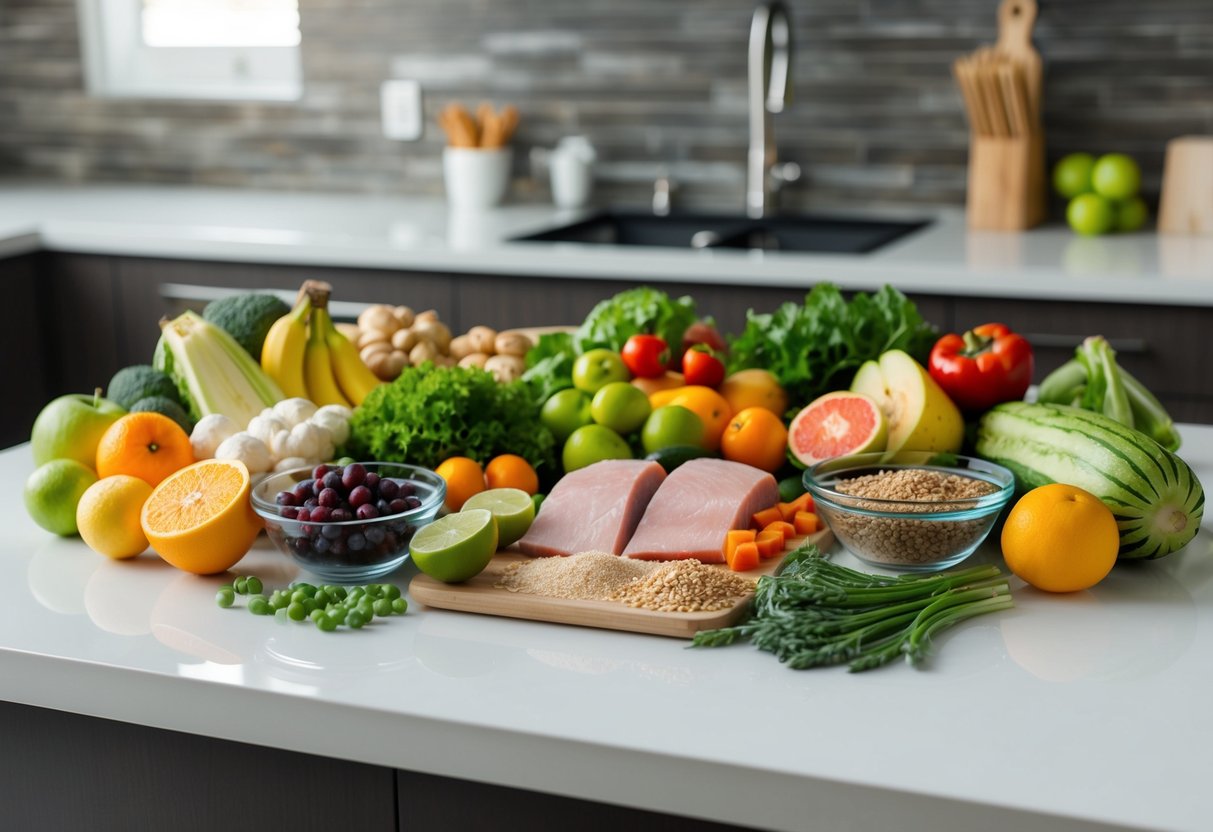
Special Dietary Considerations
Special dietary considerations for pets often hinge on factors such as age, health conditions, and potential food sensitivities. Addressing these components can significantly enhance your pet’s overall well-being and longevity.
Addressing Food Allergies and Sensitivities
Food allergies in pets manifest as skin irritations, digestive issues, or even behavioral changes. Identifying allergens usually involves an elimination diet, where the pet is given a very limited diet to pinpoint the trigger. Common allergens include chicken, beef, and dairy.
Switching to hypoallergenic diets or novel protein sources like duck or fish can alleviate symptoms. Monitoring the pet’s response is crucial. Veterinary consultation ensures that all nutritional needs are met, avoiding deficiencies.
Managing Health Issues Through Diet
Diet plays a crucial role in managing chronic conditions like diabetes, kidney disease, and arthritis. For diabetic pets, low-carb, high-protein diets aid in stabilizing blood sugar levels. Pets with kidney disease benefit from diets low in phosphorus and sodium to reduce strain on kidneys.
Arthritis can be managed with foods rich in omega-3 fatty acids to reduce inflammation. Tailoring a pet’s diet to specific health issues should always involve veterinary advice to ensure the diet is balanced and suitable.
Life Stage Nutrition: Puppies to Seniors
Nutritional needs vary significantly from puppies to senior dogs. Puppies require high-calorie, high-protein diets to support rapid growth and development. Essential nutrients like DHA aid cognitive function. Transitioning to adult food should occur gradually around one year of age.
Adult dogs need balanced diets that maintain weight and health. Senior dogs have lower energy requirements but may benefit from joint-friendly ingredients like glucosamine and chondroitin. Regular veterinary check-ups help tweak diets as pets age, addressing any emerging health concerns.
Homemade Dog Food and Recipes
Creating homemade dog food offers the advantage of knowing exactly what ingredients your pet is consuming, promoting better health. Careful preparation and ingredient selection are crucial for balanced nutrition and safety.
Simple and Nutritious Homemade Recipes
Homemade dog food can include a blend of protein, carbohydrates, and vegetables. A common recipe starts with boiled chicken or beef as the protein source. For carbohydrates, boiled rice or pasta can be added.
Carrots and green beans can provide essential vitamins and minerals. Apples, in small amounts, can be a great source of fiber and vitamins. Avoid seeds, which can be harmful. Ensure the meals are balanced to meet your dog’s dietary needs.
Safe Handling and Preparation of Ingredients
When preparing homemade dog food, cleanliness is essential. Wash hands thoroughly before and after handling ingredients. Use separate utensils for raw meat to avoid cross-contamination.
Boil proteins like chicken or beef to kill harmful bacteria. Carrots and other vegetables should be washed well. Ensure that all ingredients are fresh. Store homemade meals in airtight containers and refrigerate promptly to maintain their quality and safety.
Consulting with a Veterinary Nutritionist
It is crucial to collaborate with a veterinary nutritionist to tailor a meal plan specifically for your pet. This ensures consideration of unique dietary requirements based on factors such as age, breed, and health conditions.
Evaluating Pet-Specific Dietary Requirements
A veterinary nutritionist weighs various aspects to create an optimal diet for your pet. They assess the pet’s age, breed, activity level, and pre-existing health issues. For instance, puppies and kittens require different nutrient levels compared to adult pets. Additionally, breeds prone to specific health conditions might need particular nutrients.
Expert advice from a veterinary nutritionist helps balance essential nutrients like proteins, fats, vitamins, and minerals. They can recommend commercial pet foods or guide home-prepared diets while ensuring all nutritional needs are met. Consulting with a knowledgeable professional in veterinary medicine can prevent potential dietary deficiencies or excesses. This specialized guidance helps maintain your pet’s overall health and well-being.



